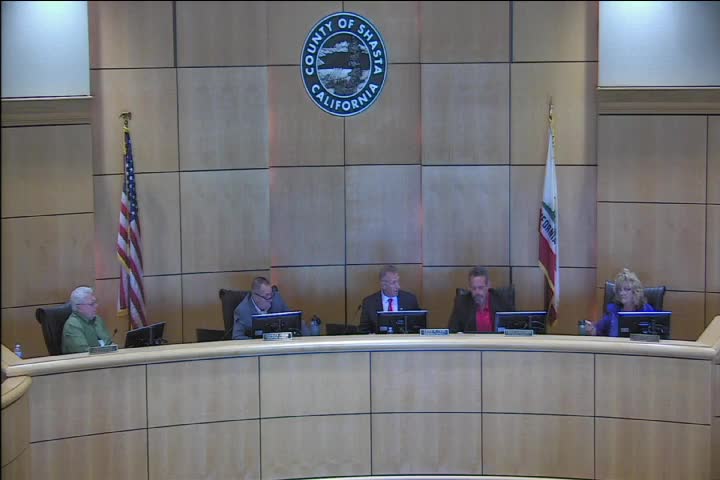Election Software Controversy Sparks Heated Debate
June 19, 2024 | Shasta County, California

This article was created by AI summarizing key points discussed. AI makes mistakes, so for full details and context, please refer to the video of the full meeting. Please report any errors so we can fix them. Report an error »

During a recent government meeting, significant discussions emerged regarding the qualifications and responsibilities of candidates for a key election-related position. The dialogue centered on the implications of appointing someone without prior election experience, particularly with a general election approaching on November 5.
One of the focal points was the software developed by Mr. Curtis, which was initially intended to demonstrate the potential for vote manipulation. It was clarified that Curtis did not create the software to alter votes but rather to highlight vulnerabilities in the system, advising against its use. This revelation sparked a broader conversation about election integrity and the importance of transparency in the electoral process.
Supervisor Ricker expressed concerns about the legacy of the decision-makers, emphasizing the weight of responsibility that would fall on their shoulders if the upcoming election were to fail due to an inexperienced appointment. He urged his colleagues to consider the qualifications of the candidates seriously, particularly in light of the critical nature of the upcoming election.
The meeting also touched on the importance of leadership style and the treatment of staff within the elections office. There were apprehensions about appointing someone who might not foster a nonpartisan environment, which is essential for the integrity of the elections process.
In conclusion, the discussions highlighted the need for careful consideration in the appointment process, with a strong emphasis on experience and the ability to manage the complexities of running an election. The outcome of this decision could have lasting implications for the electoral process and the trust of the public in their local government.
One of the focal points was the software developed by Mr. Curtis, which was initially intended to demonstrate the potential for vote manipulation. It was clarified that Curtis did not create the software to alter votes but rather to highlight vulnerabilities in the system, advising against its use. This revelation sparked a broader conversation about election integrity and the importance of transparency in the electoral process.
Supervisor Ricker expressed concerns about the legacy of the decision-makers, emphasizing the weight of responsibility that would fall on their shoulders if the upcoming election were to fail due to an inexperienced appointment. He urged his colleagues to consider the qualifications of the candidates seriously, particularly in light of the critical nature of the upcoming election.
The meeting also touched on the importance of leadership style and the treatment of staff within the elections office. There were apprehensions about appointing someone who might not foster a nonpartisan environment, which is essential for the integrity of the elections process.
In conclusion, the discussions highlighted the need for careful consideration in the appointment process, with a strong emphasis on experience and the ability to manage the complexities of running an election. The outcome of this decision could have lasting implications for the electoral process and the trust of the public in their local government.
View full meeting
This article is based on a recent meeting—watch the full video and explore the complete transcript for deeper insights into the discussion.
View full meeting
